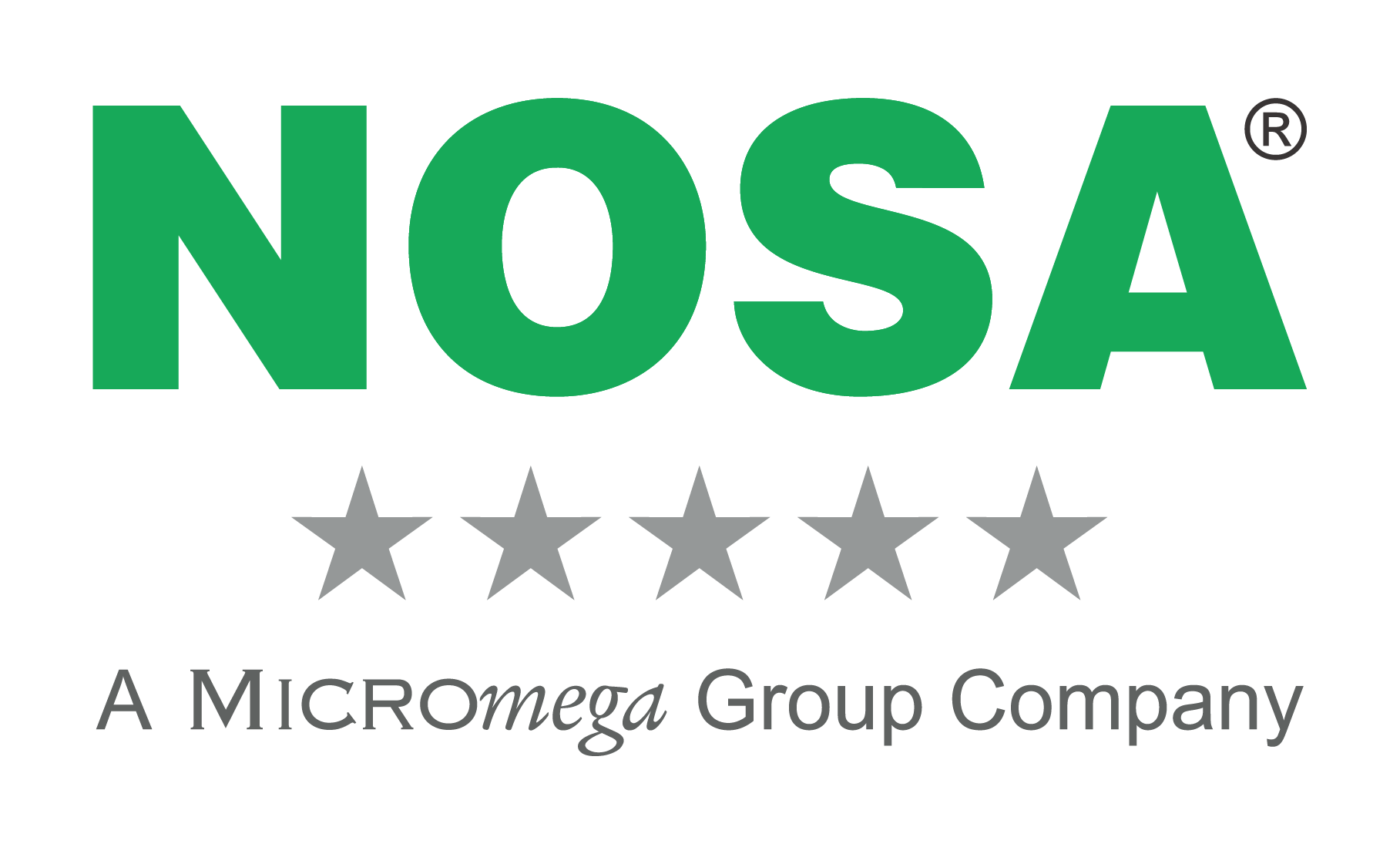Last month, we published a blog on what you should – and shouldn’t – keep in your first aid kit. The post generated a lot of feedback, both positive and negative, and raised further discussion among industry professionals. Most notable was opinion on this comment: ‘It is in fact against the law to keep any headache tablets in your workplace kit.’
This is not true – or at least, not completely untrue
In terms of General Safety Regulations 3, the first aid kit is there to provide prompt first aid treatment in the case of injury, and there is a list of minimum requirements for the contents of the box. Although there is no distinct reference to over-the-counter (OTC) medication, how do we know which is mostly safe to include in our first aid kit, and which isn’t?
Where do we draw the line?
Let us look at a few examples of OTC medication, and the potential consequences of dispensing them to employees.
Adco-dol (paracetamol-doxylamine-codeine-caffeine)
Adco-dol contains codeine (10 mg), paracetamol/acetaminophen (450 mg), caffeine (45 mg), and doxylamine (5 mg). Codeine and paracetamol are both pain relievers, and doxylamine is an antihistamine that causes drowsiness and aids in sleep.
Did you know, codeine also comes with the following warning: ‘Codeine is a moderately strong opiate drug that is used in pain relief and for the suppression of coughs. But strong or weak, it is still an addictive drug with many symptoms of use in common with other opiates. The road to addiction to codeine usually starts with an increasing tolerance to the drug.’
Cough medication
This normally contains alcohol, albeit in small doses. Generally, when consuming cough syrup, a dose contains one ounce or less, which means far less alcohol is consumed. Most cough syrups contain a cough suppressant, such as dextromethorphan, to suppress the cough reflex. Some cough medications contain other ingredients, such as expectorants, antihistamines and decongestants.
These are two very common, widely available medications, which a good percentage of your employees probably consume on a regular basis. And yet – there is the potential for addiction and drowsiness.
Here’s what the law does say
In terms of the requirements of the General Safety Regulations 2A on intoxication (3):
If an employee is on any medication, an employer should only ‘…allow such a person to perform duties … if the side effects of such medicine do not constitute a threat to the health and safety…’ Because it is unlikely that an employer will know the tolerance and medical history of each and every employee (unless you have requested full and comprehensive disclosure from each of them), you would be transgressing this regulation by simply stocking the above two seemingly harmless medicines.

So what does an employer do?
Look to what is ‘reasonably practicable’, and when it comes to upholding health and safety in your workplace, this means erring on the side of caution. In other words, if you cannot determine the precise risk of stocking certain medications, even common, OTC types, it is advisable not to keep them at all. Based on the possible severity and scope of the hazards of all the various medications, the state of knowledge concerning the risk, the availability and suitability, etc., any reasonable employer would not allow it.
For more information like this, subscribe to the NOSA blog!





